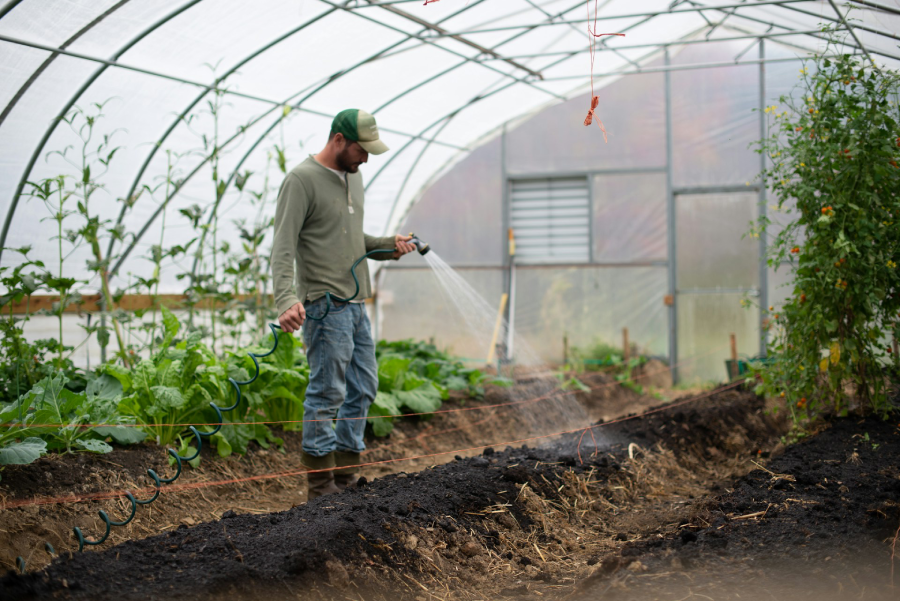Digital Technologies Making Farming More Accessible to New Generations

A recent working paper published by the OECD titled “The Evolving Profile of New Entrants in Agriculture and the Role of Digital Technologies” sheds light on the critical role that new entrants can play in transforming food systems. The paper emphasizes that understanding the evolving profile of these new entrants, along with the barriers they face and the potential of digital technologies, is crucial for shaping policies that enhance their contributions to the agricultural sector.
The analysis reveals that new entrants to agriculture in OECD countries are generally younger, predominantly male, and possess higher levels of education and entrepreneurial skills compared to established agricultural entrepreneurs. These attributes position new entrants to drive innovation, increase productivity, and improve competitiveness in the agricultural sector. However, they face significant challenges, including capital constraints, limited access to land, and regulatory complexities. The study also highlights the underrepresentation of women among new entrants, suggesting that gender-specific barriers remain significant.
Digital technologies emerge as a potential solution to many of these challenges. The paper suggests that digitalization in agriculture could alleviate some of the constraints faced by new entrants by reducing the physical demands of farming, enabling more flexible work schedules, and supporting on-farm diversification activities such as agritourism. Furthermore, digital tools could play a role in making farming more attractive to a younger, tech-savvy generation, thereby fostering generational renewal in the sector.
Despite the potential benefits, the adoption of digital technologies in agriculture is not without challenges. The paper notes that the costs and risks associated with digitalization vary across different contexts, and that current educational and training systems may not adequately prepare farmers for the skills required in a digitalized agricultural economy. The report advocates for governments to invest in building human capital, closing gender gaps, and implementing long-term strategies to address emerging skills gaps.
The findings underscore the importance of tailored policy interventions to support new entrants and promote the adoption of digital technologies in agriculture. By addressing these issues, governments can contribute to the development of a more sustainable, digitalized, and inclusive agricultural sector.


Responses